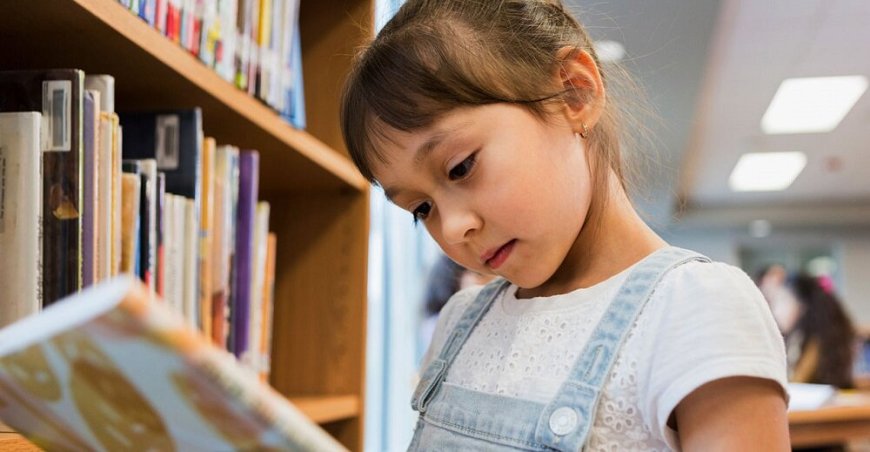Why child should not start reading and writing before the age of 6
The mistake of introducing reading and writing too early in children's educationIn Great Britain, the children begins to read and write when

The mistake of introducing reading and writing too early in children's education
In Great Britain, the children begins to read and write when they reach at the age of 5. In China they begin to read at the age of 3 and write at 6. And many other countries in the world. Against them Finland. One of the countries in which its educational system always stands out. Children there do not begin to read and write until they are 7 years old. Who does the right thing?
Experts, educators and parents see the difficulty of some children when trying to get them to start reading and writing before they are 6 years old. And it has that many little ones not yet prepared, nor have they reached the necessary skills to able to carry out this learning.
Learning to read and write before the age of 6, why?
- What can happen to the child when reading and writing before time
- Why to learn to read and write before the age of 6?
There are children who are curious to read and write before they are 6 years old and even do it without much effort and with the desire to do it, but let's be honest, it's not normal. Each child evolves at their own pace and some already prepared for certain learning, while others are not. These evolutionary differences usually paid for by those who learn more slowly, as education has generally standardized rather than individual.
But what is the right thing to do? At what age should children start learning to read and write? Perhaps the most important thing is not to mark a specific age, but to know if the child is ready to learn literacy and encourage the development and stimulation of those capacities that will lead him to be able to acquire that skill.
Even so, the reality is that, in many countries, children begin to read and write too soon. This has not only said by me, seeing the experience of my children and their friend. But by expert educators and teachers who affirm that the introduction to reading and writing done when children are not old enough or not reached sufficient maturity to get this education . What is the urgency? Why so much haste? Shouldn't they play, develop social skills or learn to communicate before doing cards with 4 and 5 years?
Some experts, who lectures around the world on early childhood education, suggest that if formal reading instruction is started too early, children may children learn to read and write, but if we look at those children at the ages of 11 and 12, we see that those who had more informal learning at later ages do much better. In addition, it warns that the early introduction of literacy is more detrimental to boys than to girls.
A study from the University of Cambridge led by Robin Alexander states that at ages 4 and 5 children are not ready to start receiving a more formal education structured in subjects. Learning must be based on improving their skills through play.
Even so, policies, educational systems, the curricula of many schools and some parents insist on starting during early. Childhood education with the introduction of literacy through flashcards. They affirm that children are at their peak of learning and that they can learn to read and write before they are 6 years old. If they do it as a game.
What can happen to the child when reading and writing before time?
There are children who have not yet acquired the necessary motor skills to hold the pen well. When asked to write their name, others are not able to read syllables without causing great distress. They are not children who have learning problems, they are children who are not yet ready to read and write.
All this happens to the child when it is childhood stage, when they are exploring, playing, fostering curiosity, creativity, discovery...
When it has forced to do so and the child has not ready to read and write before the age of 6. The only thing that has achieved are these 6 things:
1 - The child may experience a rejection and a block so that natural learning would slowed down and it would. Make it much more difficult for the child instead of a happy adventure.
2 - It could have more misspellings in the future due to poor learning.
3 - The feeling of frustration, especially when he sees children in class could write letters or read syllables and he couldn't. Feeling frustrated, especially if he sees that other children in the class are able to write letters or read syllables and he is not.
4 - Low self-esteem, a feeling of inferiority compared to the rest of the classmates.
5 - Loss of interest and consternation in reading and writing.
6 - Demotivation, either due to fear of not being able to do it or anxiety before the challenge.
